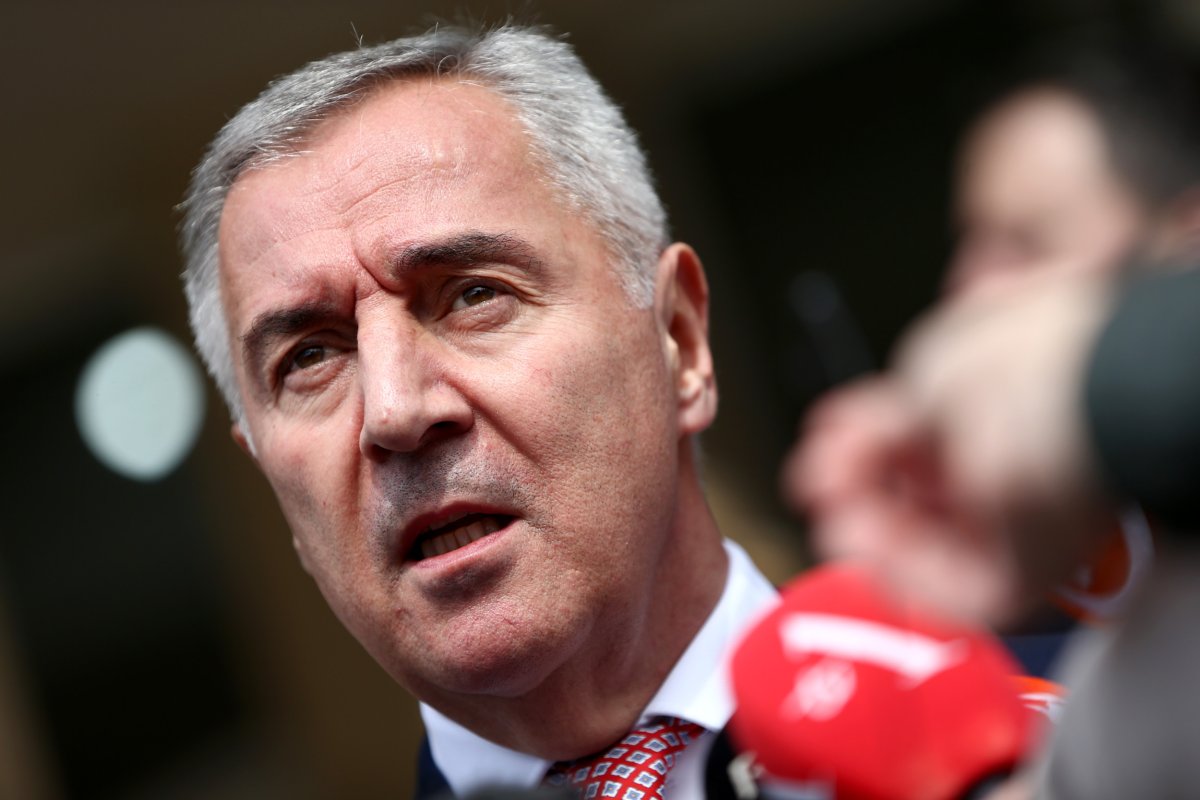Although an old European state, Montenegro is, perhaps contrary to popular belief, one of the youngest United Nations (U.N.) members; a youthful democracy.
The world has changed significantly in comparison to 2006, when we peacefully restored our state and regained international recognition; the first time in Balkan history that a state was created without bloodshed.
Since then, we have experienced crises of global importance—an international financial crisis; the war in Syria; COVID-19; and the Russian war against Ukraine, the end of which is still not in sight.
None of the events since the end of the Cold War have held such significance in reshaping international relations as this current war. Tectonic geopolitical plates are shifting—bringing reminders of the Napoleonic age and of the time of Adolf Hitler.
Of course, the negative consequences are also felt here. The situation in the Balkans is far worse than it was 10 years ago.
Firstly, for centuries Russia has considered the Balkans to fall within its sphere of interest. And in 2016, Montenegro fell in the line of fire between Russia and the West, due to our intention to become a NATO member.
Although exposed to enormous Russian pressure, we still managed to prevent a coup, the plan of which also contained my assassination. We defended our European and Euro-Atlantic orientation, as well as that of the entire region. The revival of Cold War tensions after the aggression against Ukraine jeopardizes our stability.
Russia has its intelligence, economic, financial, and media hubs in Serbia and the Republika Srpska through which it can always incite new conflicts or undermine the stability of our countries. And it goes without saying that Russia and Serbia have had their public (and secret) political allies in Montenegro, too.
That is why, on the eve of the presidential elections in Montenegro, in the context of events that can change the flow of Montenegrin, and global history, I felt the responsibility to indicate to our partners that it is not only Montenegro's European path, the development of multi-ethnic civic society and sustainable economic growth that are to be decided upon in the days to come—it is the future of the Balkans and the stability of Europe as well.
In the 17 years since Montenegro gained its independence, we have been going through a unique Euro-Atlantic experience. Once the most underdeveloped republic of former Yugoslavia, in a short time Montenegro has become the most prosperous country in the region, and a prestigious investment and tourism destination in Europe.

In our efforts to ensure safer and higher-quality life for our country and its citizens, we faced the great challenge of our accession to NATO in 2017. After the Russian aggression against Ukraine, the importance of this achievement is increasingly understood also by those who were against our membership at that time.
Unfortunately, since executive power changed in Montenegro, with two unsuccessful governments that were turned down in the Parliament, although formally keeping the country on its Euro-Atlantic course, we've conducted policy that is more in favor of the Euro-Asian union than the European Union. Our European partners called Montenegro "the European success story;" today they refer to it as "the cancer of the region."
Montenegro also faces the problem of the aspirations of Serbian nationalists to implement the project of "Greater Serbia."
The concept of the "Serbian World," is only a replica of the "Russian World" in the Balkans. Greater Serbian nationalists assume that Montenegro is a part of their historic project, worsened as it coincides with Russia's anti-NATO policy.
Russia did not manage to stop us on our path to NATO, and they have not stopped destabilizing our country, hoping that in accomplishing this mission, they could destabilize the Alliance.
Since Moscow and Belgrade did not manage in these presidential elections to push the candidate that supports them through to the second round, they have shifted their focus on the candidate with a similar ideology, one that is hiding his intentions behind a light populistic narrative. The support that he is getting from the circles of Greater Serbia nationalists shows his true political inclinations.
Regardless of the results of Sunday's elections, it is my duty to draw the attention of our international friends to the processes that are taking place in Montenegro and in the Balkans. It was because of these processes that I decided to run, and not to prove myself on the political scene.
I thank our international allies that supported us. We will manage to preserve Montenegro. The world is yet to see what Montenegro can do as an independent state, anchored in Europe by its geography, history, and future civilization.
Milo Đukanović is the president of Montenegro.
The views expressed in this article are the writer's own.
Uncommon Knowledge
Newsweek is committed to challenging conventional wisdom and finding connections in the search for common ground.
Newsweek is committed to challenging conventional wisdom and finding connections in the search for common ground.
About the writer
To read how Newsweek uses AI as a newsroom tool, Click here.






